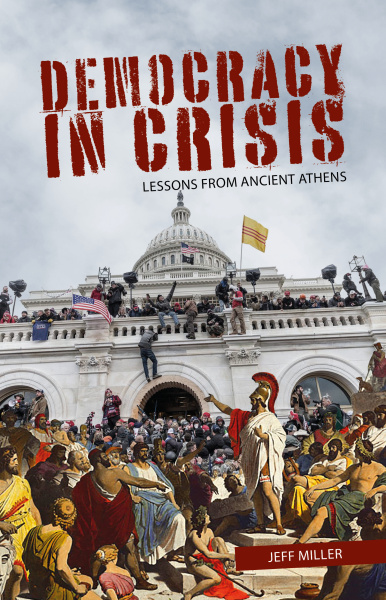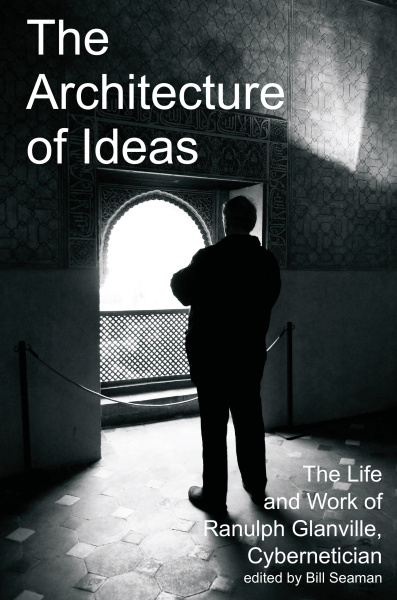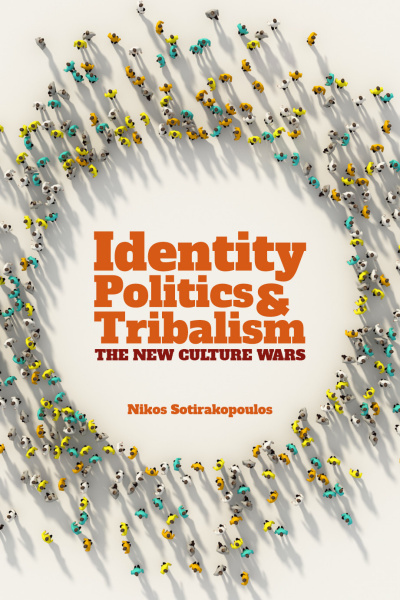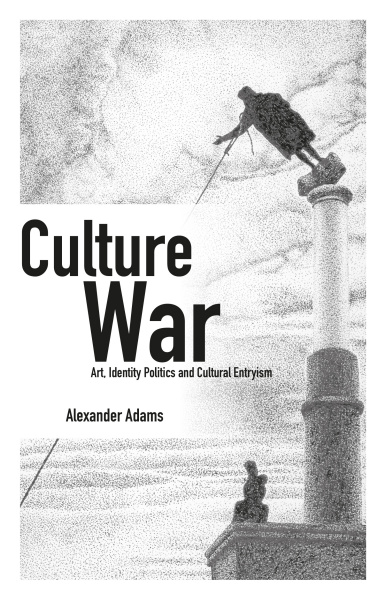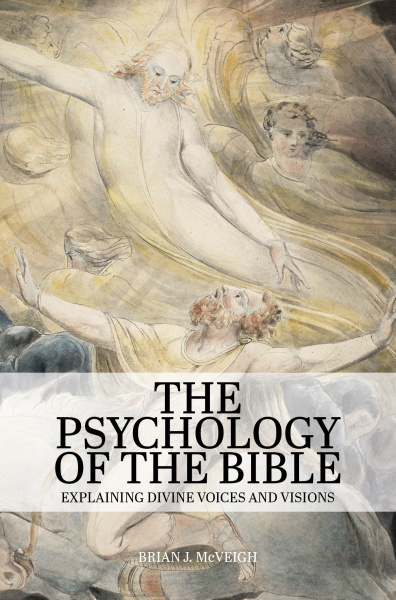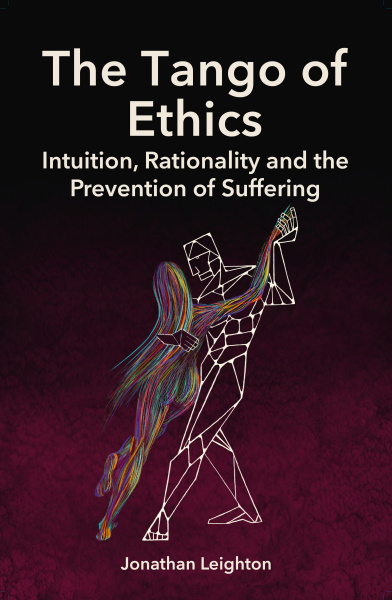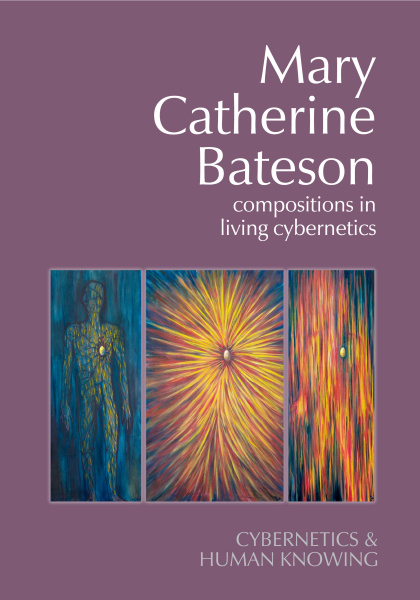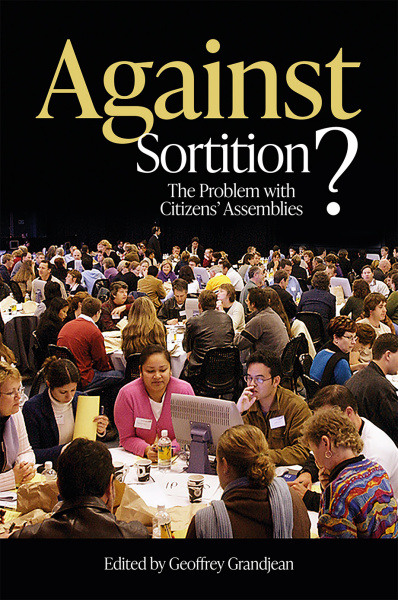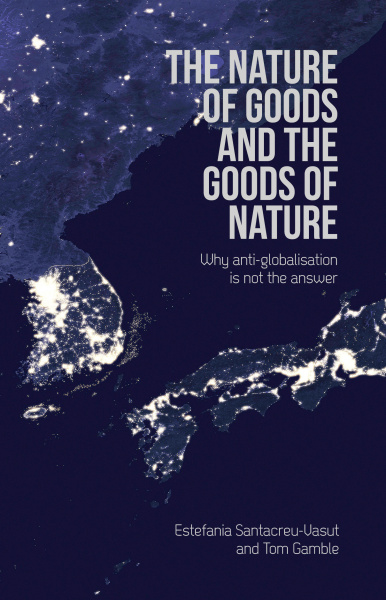Imprint Academic
-

The Landscape of Introspection
What Forms Could Introspective Systems Take?
The Landscape of Introspection, first published as a special issue of the Journal of Consciousness Studies, offers an informed, contemporary, and challenging view of what introspection is – and could be.
-

Is Consciousness Everywhere?
Essays on Panpsychism
This volume, originally a special issue of the Journal of Consciousness Studies, uses the recent writings of Philip Goff as a jumping-off point for discussions of panpsychism — the idea that consciousness is a fundamental and pervasive aspect of our universe that cannot be understood in other, more basic, terms.
-

Becoming Artificial
A Philosophical Exploration into Artificial Intelligence and What it Means to be Human
Becoming Artificial is a collection of essays about the nature of humanity, technology, artifice, and the irreducible connections between them. Is there something fundamental to being human or are humans simply biological computers?
-

Illusionism
as a theory of consciousness
Illusionism is the view that phenomenal consciousness is an illusion. This book is a reprint of a special issue of the Journal of Consciousness Studies devoted to this topic. It takes the form of a target paper by the editor, followed by commentaries from various thinkers representing various academic disciplines.
-

The Many Faces of Coincidence
The Many Faces of Coincidence proposes an inclusive categorisation for coincidences of all shapes and sizes. At the same time, some of the implications arising from the various explanations are explored, including the possibility of an underlying unity of mind and matter constituting the ground of being.
-

Metapsychology of the Creative Process
Continuous Novelty as the Ground of Creative Advance
This book discusses a process (microgenetic) theory of the mental state of creativity that differs markedly from mainstream (cognitive) psychology, but with the potential to clarify many features of thought and imagery, normal and exceptional. Creativity is not an isolated problem but touches many central issues in philosophical psychology.
-

Before Consciousness
In Search of the Fundamentals of Mind
This book aims to integrate the non-conscious as a constitutive dimension of the mind and also to outline how it is indispensable in virtually everything we do.
-

Your Brain's Politics
How the Science of Mind Explains the Political Divide
In this brief introduction, Lakoff and Wehling reveal how cognitive science research has advanced our understanding of political thought and language, forcing us to revise common folk theories about the rational voter.
-

The Singularity
Could artificial intelligence really out-think us (and would we want it to)?
Volume combining two special issues of the Journal of Consciousness Studies on the philosophical aspects of a possible artificial intelligence singularity.
-

Beyond the Subjectivity Trap
Beyond the Subjectivity Trap challenges the paradigm of the hard problem of consciousness by contesting the relevance and primacy of human thought.
-

Mechanisms in World and Mind
Perspective Dualism, Systems Theory, Neuroscience, Reductive Physicalism
This book is about philosophical aspects of neuroscience, centred on perspective dualism.
-

Knowing, Doing, and Being
New Foundations for Consciousness Studies
Between 1965 and 2002 several key lines of research emerged which, taken together, can potentially revolutionise our understanding of the place of consciousness in the universe. In this book the author explains the close connections between these new ingredients.
-

Meaning in Communication, Cognition and Reality
Outline of a Theory from Semiotics, Philosophy and Sociology
This book presents a general and formal theory of meaning, signs, and language. The theory is presented in a clear and consistent way offering novel and provocative insights into the fundamental structures and processes of communication, cognition, and reality.
-

The Implications of Embodiment
Cognition and Communication
This edited volume is scientifically based, but readable for a larger audience, covering the concept of "embodied cognition" and its implications from a transdisciplinary angle.
-

Situated Aesthetics
Art Beyond the Skin
This book focuses on externalist approaches to art. It is the first fruit of a workshop held in Milan in September 2009, where leading scholars in the emerging field of psychology of art compared their different approaches using a neutral language and discussing freely their goals.
-

Digital Social Mind
This book argues that relational cognition, a form of social cognition, exhibits digital infinity as does language.
-

Ten Years' Viewing from Within: Further Debate
This special issue of the Journal of Consciousness Studies is the sequel to Ten Years of Viewing from Within, commemorating the tenth anniversary of the publication of The View from Within, where Francisco Varela in collaboration with Jonathan Shear designed the foundations of a research program on lived experience.
-

Who Was Mrs Willett?
Landscapes and Dynamics of Mind
Here is an account of mentality and human experience, written for a multi-disciplinary readership. The focus is on how mind, consciousness and selves inter-relate, extending into exploration of ideas about the nature of awareness and a search for relevant evidence.
-

The Victorian's Guide to Consciousness
Essays Marking the Centenary of William James
A special issue of the Journal of Consciousness Studies to mark the centenary of the death of the pioneer psychologist William James.
-

Evolving Ethics
The New Science of Good and Evil
This book describes the application of Artificial Life simulation to evolutionary scenarios of wide ethical interest, including the evolution of altruism, rape and abortion, providing a new meaning to "experimental philosophy".
-

Getting Darwin Wrong
Why Evolutionary Psychology Won't Work
This book, which is written in a reader friendly but rigorous style, is a timely assault on one of the most fashionable philosophies of mind currently 'out there'.
-

Mindworlds
A Decade of Consciousness Studies
Understanding consciousness is one of the central scientific challenges of our time. This book presents Andy Ross's recent work and discusses a range of perspectives on the core issues.
-

Ten Years of Viewing from Within
The Legacy of Francisco Varela
Ten years on from The View From Within, Claire Petitmengin has organized a collection of essays that examine and refine the research program on first-person methods defined in The View from Within, with contributions based on empirical research.
-

Subjectivity and Being Somebody
Human Identity and Neuroethics
This book uses a neo-Aristotelian framework to examine human subjectivity as an embodied being. It examines the varieties of reductionism that affect philosophical writing about human origins and identity.
-

The Origin of Consciousness in the Social World
Western individualism has delayed scientific recognition of the essentially social nature of consciousness – or at least of the human mind and brain. The contributors to this volume, introduce some anthropological themes into consciousness studies.
-

Representational and the Presentational
An Essay on Cognition and the Study of Mind
In this wide-ranging book the author presents his critique of the contemporary portrayal of cognition, an analysis of the conceptual foundations of cognitive science and a proposal for a new concept of the mind.
-

Luhmann Applied
This book brings together international experts on the application of Niklas Luhmann's theory of society as autopoietic communication.
-

Mind, the Body and the World
Psychology After Cognitivism?
The roots of cognitivism lie deep in the history of Western thought, and to develop a genuinely post-cognitivist psychology, this investigation goes back to presuppositions descended from Platonic/Cartesian assumptions and beliefs about the nature of thought.
-

Interplay Between Consciousness and Concepts
Questions on the nature of concepts in philosophy, psychology, and cognitive science, such as 'What are concepts?' and ‘What is it to possess a concept?’ are notoriously difficult to answer. These questions are tackled here by Simon Baron-Cohen, Peter Carruthers, and a distinguished cast of scientists and philosophers.
-

What Does it All Mean?
A Humanistic Account of Human Experience
Adams sets out a new reasoned argument, based on his experience as a cognitive psychologist and as a human being, to show why Socrates was right: the purpose of life is to recognize ourselves — in each other and in all things.
-

World in My Mind, My Mind in the World
Key Mechanisms of Consciousness in People, Animals and Machines
Not consciousness, but knowledge of consciousness: that is what this book communicates in a fascinating way.
-

Artificial Consciousness
The book is interdisciplinary and focuses on the topic of artificial consciousness: from neuroscience to artificial intelligence, from bioengineering to robotics.
-

Radical Externalism
Honderich's Theory of Consciousness Discussed
What is it for you to be conscious? To be conscious now, for instance, of the room you are in? Theories on offer divide into just two categories, labelled by Ted Honderich as devout physicalism and spiritualism.
-

How Many People are There in My Head? And in Hers?
An Exploration of Single Cell Consciousness
This book makes the proposal that the only possible solution to the 'mind-brain' problem is that each nerve cell is conscious separately and that we have no other 'global' consciousness.
-

Emotion Experience
Emotion experience has failed to date to gain a central place in the study of consciousness. This special issue of the Journal of Consciousness Studies presents the most recent views on the matter, with discussions of several aspects of emotion experience.
-

Why the Mind is Not a Computer
A Pocket Lexicon of Neuromythology
The equation "Mind = Machine" is false. This pocket lexicon of "neuromythology" shows why.
-

Trusting the Subject?
Volume Two
This work is designed to encourage cognitive scientists to take more account of the subject's unique perspective.
-

Science, Consciousness and Ultimate Reality
The Science, Consciousness and Ultimate Reality project was set up with the support of the John Templeton Foundation in order to examine critical issues at the interface between science, religion and the field of 'consciousness studies'.
-

Trusting the Subject?
Volume One
This work is designed to encourage cognitive scientists to take more account of the subject's unique perspective.
-

Psi Wars
Getting to Grips with the Paranormal
This collection of essays shows that a simple division into 'sceptics' and ‘believers’ for the paranormal cannot be made. The real struggle, for all researchers, is not with each other, but to get a secure hold on the subject itself.
-

Machine Consciousness
Can a machine really be conscious? Can it have feelings? Well, even the humble thermostat knows when it gets too hot — and it can do something about it too. But can a machine think thoughts? Does it have a personality? How would you know?
-

Cognitive Approach to Conscious Machines
Could a machine have an immaterial mind? The author argues that true conscious machines can be built, but rejects artificial intelligence and classical neural networks in favour of the emulation of the cognitive processes of the brain—the flow of inner speech, inner imagery and emotions.
-

Structure of Thinking
A Process-oriented Account of Mind
This book presents an alternative, naturalistic view of human thinking, arguing that computers are merely sophisticated machines.
-

How Could Conscious Experiences Affect Brains?
In daily life we take it for granted that our minds have conscious control of our actions, at least for most of the time. But many scientists and philosophers deny that this is really the case, because there is no generally accepted theory of how the mind interacts with the body. Max Velmans presents a non-reductive solution to the problem.
-

Varieties of Religious Experience
Centenary Essays
William James published his classic work on the psychology of religion, "The Varieties of Religious Experience", in 1902. To mark the centenary, leading contemporary scholars reflect on changes in our understanding of the questions James addressed.
-

Is the Visual World a Grand Illusion?
There is a traditional scepticism about whether the world "out there" really is as we perceive it. A new breed of hyper-sceptics now challenges whether we even have the perceptual experience we think we have. The writings collected in this volume explore the implications of this scepticism.
-

Cognitive Models and Spiritual Maps
Interdisciplinary Explorations of Religious Experience
This book throws down a challenge to religious studies, offering a multidisciplinary approach - including developmental psychology, neuropsychology, philosophy of mind, and anthropology.
-

Volitional Brain
Towards a Neuroscience of Freewill
The puzzling status of volition is explored in this issue by a distinguished body of scientists and philosophers.
-

Models of the Self
A comprehensive reader on the problem of the self as seen from the perspectives of philosophy, development psychology, robotics, cognitive neuroscience, psychopathology, semiotics, phenomenology and contemplative studies, all focused on a keynote paper.
-

How to Solve the Mind-body Problem
The mind is the brain. Each mental state -- each hope, fear, thought -- can be identified with a particular physical state of the brain, without remainder. So argues Nicholas Humphrey in this highly readable yet scholarly essay.
-

Reclaiming Cognition
The Primacy of Action, Intention and Emotion
Traditional cognitive science is Cartesian in the sense that it takes as fundamental the distinction between the mental and the physical, the mind and the world. The authors depart radically from this model.
-

View from Within
First-person Approaches to the Study of Consciousness
Drawing on a wide range of approaches — from phenomenology to meditation — THE VIEW FROM WITHIN examines the possibility of a disciplined approach to the study of subjective states. The focus is on the practical issues involved.
